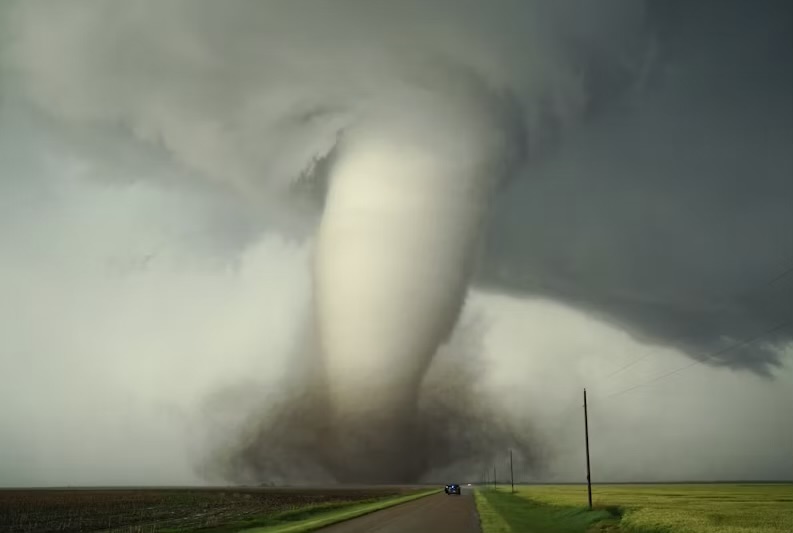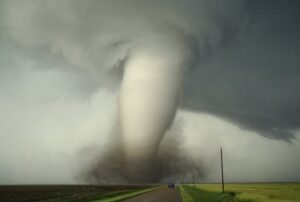
Emergency planning is critical to protecting you and your loved ones in times of crisis.
The news is constantly filled with stories of sudden disasters.
Whether natural disasters, medical crises, or tragic accidents, these emergencies forever alter the lives of those involved.
Because these crises are unpredictable and sometimes unpreventable, families should have a clear emergency plan to minimize chaos and confusion and protect their loved ones.

Emergency planning is crucial to help protect your loved ones during natural disasters or medical crises.
Believing you will have time to prepare and take action when an emergency occurs is foolish.
Failing to prioritize emergency planning can make an unfortunate situation devastating.
Emergency plans allow families to confidently make informed decisions during a crisis.
They can also reduce panic and chaos because each member will have clearly defined responsibilities and roles.
Additionally, vulnerable loved ones like children, elderly relatives, and pets can be better protected.
Planning for disasters can help you maintain financial and legal security in the midst of these challenging times.
Having plans in place streamlines your response to disaster to minimize stress and set you and your loved ones up for better outcomes.
Communication is key in all areas of life, but it is essential during an emergency.
Families should create a contact list to reach relatives, trusted neighbors, or doctors by phone.
They should designate a meeting place in case members of the household become separated.
Because disasters can often affect methods of communication, it is important to set up backup methods.
Alternative forms of communication can include designating an out-of-town contact to be called and creating group texts.
Parents of young children should teach their little ones how to dial 911 and recognize emergency contacts.
Financial security can quickly be derailed through disability, serious illness, or loss of income.
How can families prepare?
Families should have estate planning documents in place.
Durable powers of attorney will give authority to a trusted individual for handling financial and legal matters if the primary person has been incapacitated.
Last wills and advance health care directives provide directions so wishes will be honored if a crisis results in death or long-term incapacity.
An emergency fund with a minimum of three to six months of living expenses is essential to covering unexpected expenses.
Because disasters can often destroy paperwork, emergency planning involves keeping digital and physical copies of your key documents in an accessible, waterproof, and fireproof location.
An emergency supply kit should be kept in your home.
The kit should have essentials to last for a minimum of three days.
What should you include?
The kit should have water and non-perishable food.
For water, you should account for one gallon per person per day.
Supplies should also include batteries, flashlights, a portable phone charger, necessary medications, first aid supplies, and small cash denominations in case credit cards or ATMs are unavailable.
If you have elderly loved ones, infants, and pets, you may require additional specific supplies to meet their needs.
Unexpected injuries or illnesses can leave families scrambling to make critical decisions.
How can you prepare for medical crises?
You should utilize estate planning to designate a healthcare proxy to make decisions if you become incapacitated.
It is also important to have a reference list for allergies and medications for all members of the family.
Keep your emergency contacts in an accessible and visible location, such as outside the refrigerator.
Working with an experienced estate planning attorney to set up medical directives will prevent costly delays during urgent situations.
Natural disasters like wildfires, earthquakes, and hurricanes demand urgent action.
To prepare, families should identify emergency shelters and evacuation routes.
They should also run practice drills for earthquakes, fires, and tornadoes.
Important personal belongings should be secured in a grab-and-go bag so you can leave quickly, if necessary.
Emergency planning for disasters can help everyone know what needs to be done if evacuation is required.
Preparing for emergencies involves getting your affairs in order legally and financially while simultaneously securing physical needs.
If you do not have an estate plan in place as part of your emergency planning, you can request a consultation with Harvest Law KC in Overland Park, Kansas.
Families with emergency plans are more effective at responding to and navigating times of crisis.
While many people do not think about how estate planning impacts emergency preparedness, documents like last will and testaments, powers of attorney, and healthcare directives help secure your medical, financial, and legal needs.
Critical items like water, food, and medications can be hard to acquire during a crisis.
Having an emergency kit ready to go, whether you need to evacuate or shelter at home, is critically important.
Although outlining action plans for various scenarios is helpful, practicing them will help you and your loved ones act more confidently should disaster strike.
This post is for informational purposes only and does not provide legal advice. You should contact an attorney for advice concerning any particular issue or problem. Nothing herein creates an attorney-client relationship between Harvest Law KC and the reader.
References: Ready.gov (06/09/2023) “Make a Plan” and Focus on the Family (2024) “Step-by-Step Guide to Building a Family Emergency Plan”
REMEMBER: “The choice of a lawyer is an important decision and should not be based solely upon advertisements.”
This statement is required by rule of the Supreme Court of Missouri.
